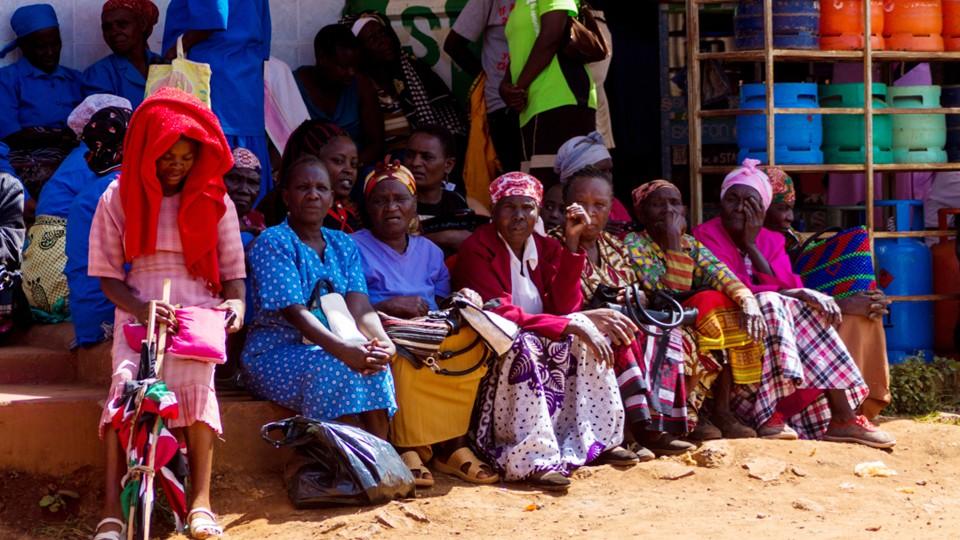Pfizer looks to confirm US licence for breast cancer pill

Pfizer hopes new data will convince the US regulator to fully authorise a breast cancer combination based around its blockbuster pill, Ibrance.
Approved in the US early last year, Ibrance (palbociclib) is already Pfizer’s top-selling oncology drug.
In Q3 alone, sales were $550 million, although Wall Street analysts had expected the figure to be even higher.
The FDA last year granted Ibrance a US licence under accelerated approval, in combination with letrozole for postmenopausal women with oestrogen receptor positive, human epidermal growth factor receptor 2-negative metastatic breast cancer, who have not yet received an endocrine-based therapy.
The FDA allowed the drug to be marketed in this indication using early data, on the understanding that Pfizer confirms findings with definitive trial findings at a later date.
Pfizer says it now has that data, from the phase 3 PALOMA-2 trial, which have been published in the New England Journal of Medicine and filed with the FDA to convert the accelerated approval to a full licence.
Already unveiled at the American Society of Clinical Oncology conference in June, Pfizer said the findings showing median progression free survival was 24.8 months on Ibrance plus letrozole – 10 months more than women treated with letrozole plus placebo and a 42% reduction in risk of disease progression.
Safety results were consistent with previous trials and no major unexpected safety findings were observed. The most common grade 3/4 adverse events with Ibrance plus letrozole versus placebo plus letrozole were neutropenia (66.4% vs 1.4%), leukopenia (24.8% vs 0%), infections (6.5% vs 3.2%) and anaemia (5.4% vs 1.8%).
Febrile neutropenia was reported in 1.8% of patients in the Ibrance plus letrozole group and none of the patients in the placebo plus letrozole group.
Ibrance is also approved in the US for HR+, HER2-advanced or metastatic breast cancer in combination with fulvestrant in women with disease progression following endocrine therapy, based on results from the phase 3 PALOMA-3 study.
It is approved in Europe for women with HR+, HER2- locally advanced or metastatic breast cancer, in combination with an aromatase inhibitor. The approval covers its use in combination with fulvestrant in women who have already received endocrine therapy.
Ibrance is the first in the oral inhibitor of CDKs 4 and 6 class, but will soon be joined by Novartis' rival LEE011 (ribociclib), which could gain FDA approval by mid-201 7.
Analysts say Novartis may find it difficult for to challenge Ibrance in the US, where Pfizer's drug is well established as a first line treatment. However Ibrance was approved in Europe less than two weeks ago, with Novartis' challenger likely to be not far behind in gaining approval in 2017.












